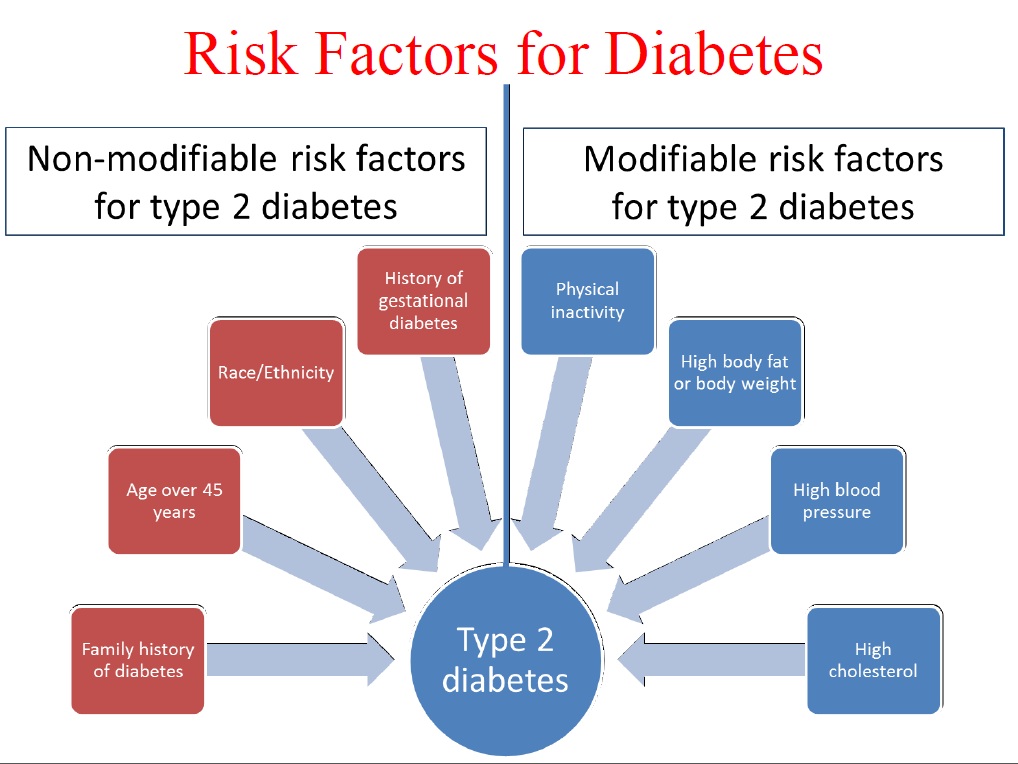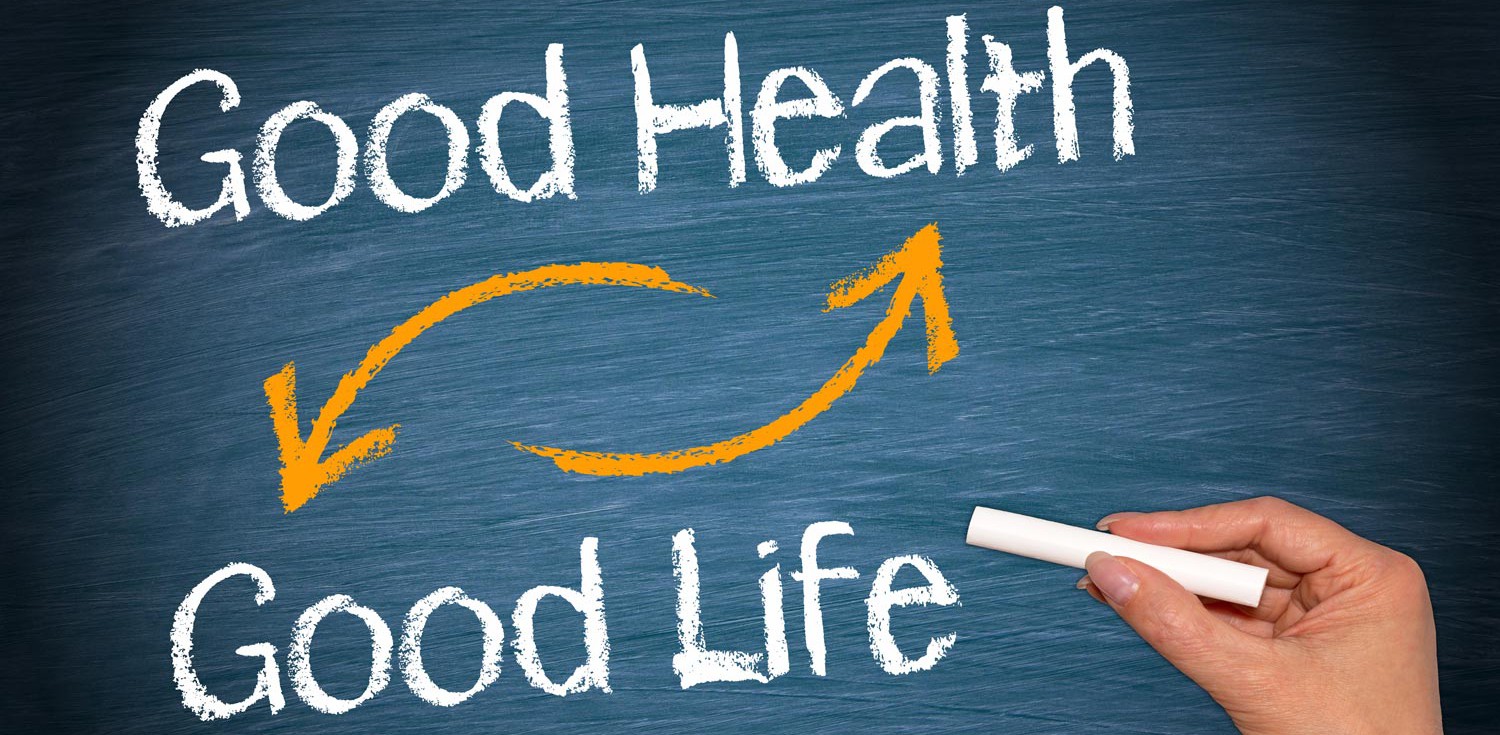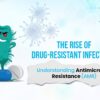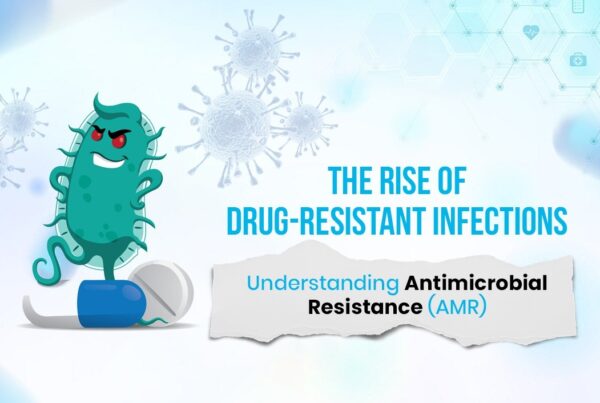What Is Health ?
The World Health Organization (WHO) defined health in its broader sense in its 1948 constitution as “a state of complete physical, mental, and social well-being and not merely the absence of disease or infirmity.”
Components of Health 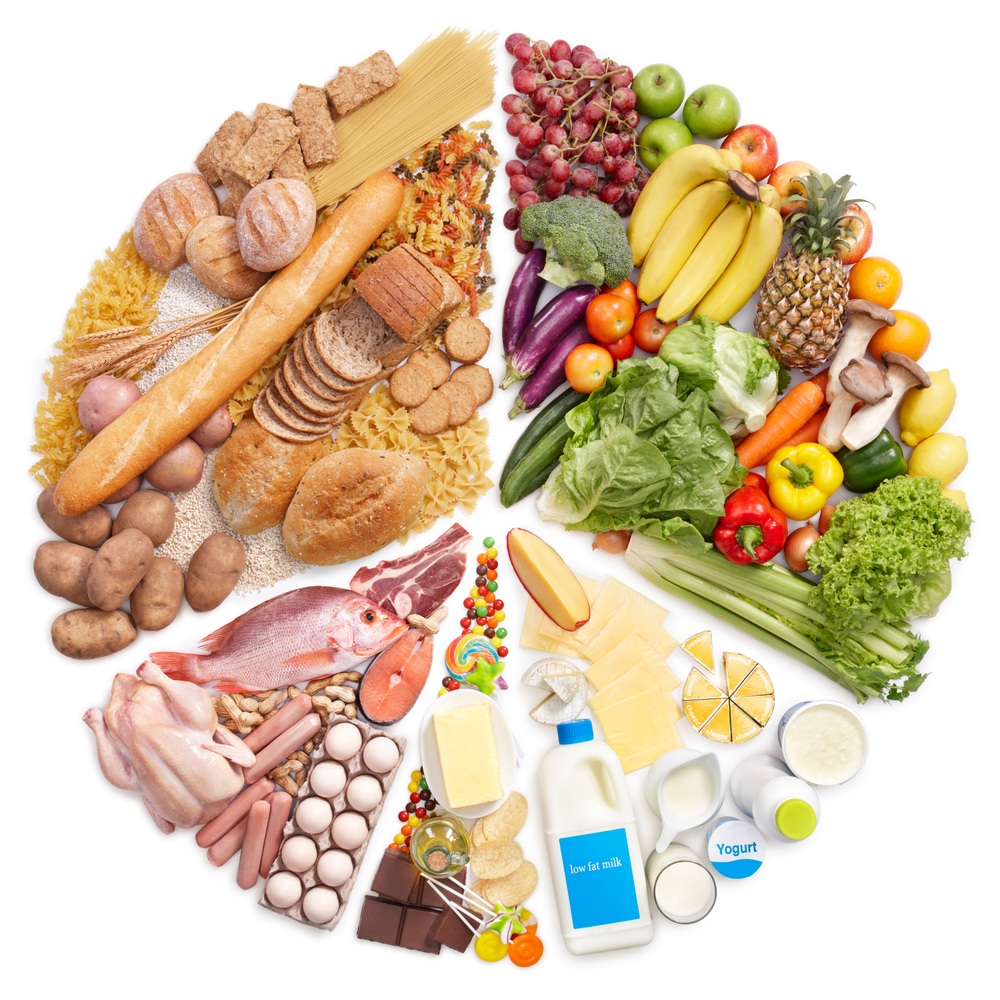
- Nutrition
- Exercise Routines
- Sleep Hygiene
- Prevention & Care of Illness/Injury
- Medication Routines
- Stress Management
- Psychological/Mental Health
- Healthful Living Space
- Social Relationships
- Recreational Activities
- Safety Precautions
- Personal Health Choices
- Spirituality
Nutrition
- Identifying healthy foods
– Whole grains
– Lean protein
– Fruits & vegetables
– Dairy products
– Healthy fats
- Finding, preparing, and eating nutritious foods
- Making healthy choices about what to eat from the options available
Exercise Routines
- Planning, implementing, and sticking to a regular exercise routine
- Incorporating both strength-building and endurance-building activities
- Finding time to exercise
- Staying motivated
- Avoiding injuries
Sleep Hygiene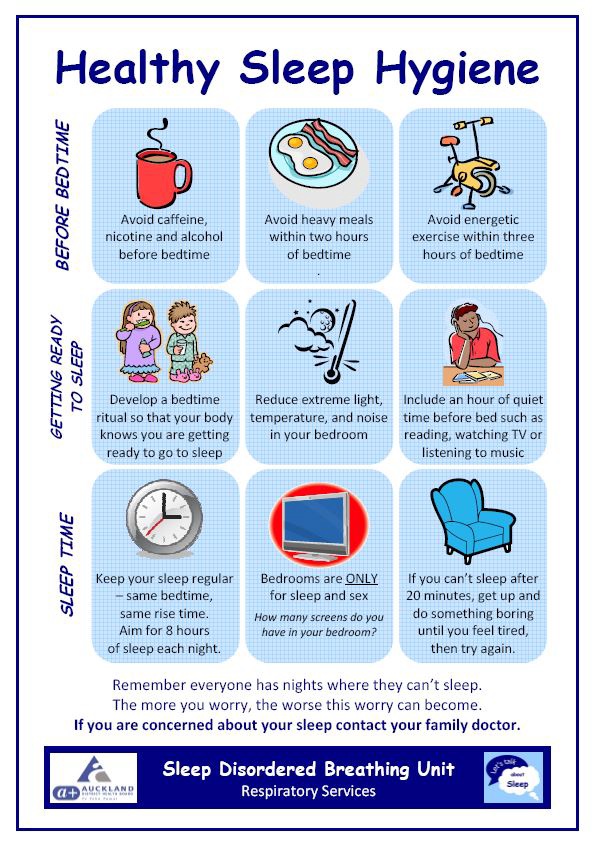
- Getting the right amount of sleep for your body
- Maintaining a functional sleep schedule
– Setting and sticking to a bedtime
– Getting up around the same time every day
– Managing time well to avoid all-nighters
– Knowing when to prioritize sleep over socializing
- Dealing with sleep disruptions effectively
Prevention & Care of Illness/Injury
- Scheduling & attending routine preventive care
- Avoiding injuries and illnesses
- Properly treating minor illnesses/injuries before they become serious
- Recognizing when medical attention is needed
– Using the student healthcare center
– Not relying on the internet to self-diagnose
- Creating and maintaining a first-aid kit
Stress Management

- Accepting that some stress is inevitable at work and knowing that it can be coped with
- Finding and implementing effective, positive strategies to deal with everyday concerns
– “Stress Busters”
– Deep breathing exercises
- Avoiding negative or destructive behaviors
Social Relationships
- Establishing and maintaining healthy and fulfilling relationships with others
- Interacting with a diverse range of people
- Making new friends while staying in touch with old friends
- Establishing a network of social and professional connections
- Adjusting to changes in family relationships and friendships
Personal Health Choices
- Becoming educated about personal health issues such as tobacco, alcohol, drugs, sexual activity, etc.
- Making positive and healthful decisions about personal health issues
– Practicing safe sex or abstaining
– Abstaining from illegal drugs
– Using prescribed drugs responsibly
– Drinking responsibly and/or abstaining from alcohol
– Abstaining from or quitting tobacco products
- Resisting peer pressure and making decisions based on your own convictions
